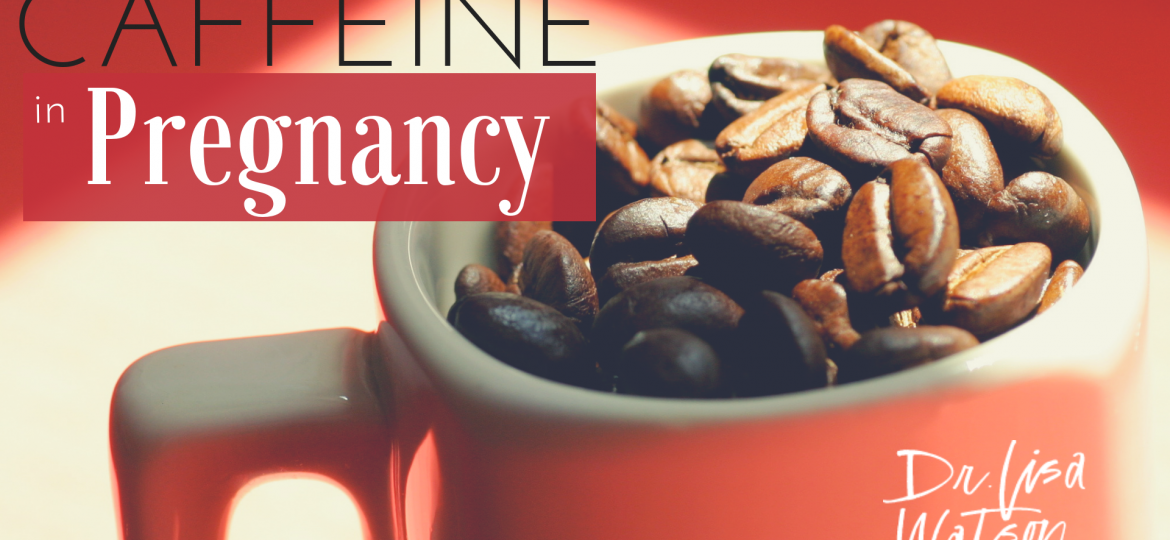
One of the first questions many pregnant women have is “can I still drink coffee and tea?” The facts on caffeine and pregnancy aren’t always clear. Read on to find out the current research and recommendations for caffeine intake during pregnancy.
Is Caffeine Safe during Pregnancy?
Yes. Pregnant woman can safely consume caffeine during pregnancy.
Health Canada has produced guidelines that recommend pregnant women to consume no more than 300mg of caffeine daily. Several recent studies have suggested that pregnant women limit their intake of caffeine to 200mg daily. I recommend that pregnant women exercise caution and consume no more than 200mg of caffeine from all sources daily.
What are the Concerns with Excess Caffeine Intake during Pregnancy?
Caffeine has the ability to cross the placental barrier and impact the fetus directly. The fetal liver is unable to efficiently process methylxanthines (such as caffeine) and may experience effects of caffeine – such as increased heart rate, alertness and nervous stimulation or tremors for a longer time than the pregnant mother. Excess caffeine also puts additional strain on the maternal liver, which is busy processing pregnancy hormones. Additionally, caffeine constricts blood vessels and may reduce blood flow to the placenta.
Initial concerns over caffeine in pregnancy surrounded the potential that it may lead to low birth weight or miscarriage. It was found by a team of researchers from Yale University that drinking 600mg of caffeine per day or more (approximately 6 cups of coffee) resulted in lower birth weights.
A Danish study found that drinking 8 cups or more of coffee per day (equivalent to 12-20 cups of tea) can increase the risk of miscarriage or stillbirth by 60% compared to women consuming no caffeine. Moderate consumption of caffeine (200-300mg per day) does not pose a significant risk.
A seven year study of 1500 women found that less than 200 mg of caffeine consumed daily during pregnancy had no effect on birth weight, birth length or head circumference. Follow-up examinations at ages 8 months, four and seven years also found no negative effects of maternal caffeine consumption on a child’s motor development or intelligence.
The negative effects of excessive caffeine don’t end at birth. Research has shown that newborns whose mothers consumed more than 500mg of caffeine daily had faster heart and breathing rates and spent more time awake in the first days after birth.
Interestingly, tea seems to be supportive for women attempting to conceive. A study out of Northern California found that drinking one-half or more cups of tea daily approximately doubled the chance of conception each cycle.
What are Common Sources of Caffeine?
If you are going to continue to consume caffeine safely during pregnancy it is important to understand how much caffeine is present in common foods and beverages. The chart below will give you a good overview of the caffeine content of select foods and drinks. Remember to consider portion size when you are calculating your personal caffeine intake.
If you are interested in further reducing your caffeine intake from tea, steep your tea leaves for a shorter period of time. Steeping for 1 minute decreases caffeine content by 50% compared to steeping for 3 minutes.
Chart is available here as a pdf for you to download and print: Caffeine Content of Common Foods and Beverages
Disclaimer
The advice provided in this article is for informational purposes only. It is meant to augment and not replace consultation with a licensed health care provider. Consultation with a Naturopathic Doctor or other primary care provider is recommended for anyone suffering from a health problem.
Select references
American Academy of Pediatrics’ Committee on Drugs. The transfer of drugs and other chemicals into human milk. Pediatrics, 108(3):776-789, Sep 2001.
American College of Obstetricians and Gynecologists. 2010. Committee Opinion No. 462; Moderate Caffeine Consumption During Pregnancy. Obstet Gynecol 116 (2): 467-68.
Armstrong, BG, McDonald, AD, and Sloan, M. Cigarette, alcohol, and coffee consumption and spontaneous abortion. American Journal of Public Health, 82:85-90, 1992.
Barr, HM, and Streissguth, AP. Caffeine use during pregnancy and child outcome: a 7-year prospective study. Neurotoxicology and Teratology, 13:441-448, 1991.
Caan, B, Quesenberry, CP, Coats, AO. Differences in fertility associated with caffeinated beverage consumption. American Journal of Public Health, 88(2):270-274. 1998. Caffeine, Coffee and Health. S. Garattini (ed). New York: Raven Press, 1993.
Clausson, B, and Granath, F, et al. Effect of caffeine exposure during pregnancy on birthweight and gestational age. American Journal of Epidemiology, 155:429-436, 2002.
Cnattinguis, S, Signorello, L, Anneren, G, et al. Caffeine intake and the risk of first-trimester spontaneous abortion. New England Journal of Medicine, 343:1839-1849, 2000.
Differences in Fertility Associated with Caffeinated Beverage Consumption. B Caan, C Quesenberry, AO Coates. American Journal of Public Health. 1998; 88: 270-274.
Effects of Caffeine on Human Health, P. Nawrot, S. Jordan, J. Eastwood, J. Rotstein, A. Hugenholtz and M. Feeley, Food Additives and Contaminants, 2003, Vol. 20, No. 1, pg. 1-30.
Fenster L, Hubbard AE, Swan SH, et al. Caffeinated beverages, decaff coffee, and spontaneous abortion. Epidemiology, 8(5):515-522, 1997.
Grosso LM, Rosenberg LD, Belanger K, Saftlas AF, Leaderer B, Bracken MB. Maternal caffeine intake and intrauterine growth retardation. Epidemiology, 12(4):447-55, Jul 2001.
Health Canada. Fact Sheets – Food and Nutrition – Caffeine in Food. Available online at: http://www.hc-sc.gc.ca/fn-an/securit/addit/caf/food-caf-aliments-eng.php
Maternal caffeine intake and risk of selected birth defects in the National Birth Defects Prevention Study. Birth Defects Research. Part A, Clinical and Molecular Teratology. Birth Defects Res A Clin Mol Teratol 2011 Feb; Vol. 91 (2), pp. 93-101.
Maslova E, Bhattacharya S, Lin SW, Michels KB. Caffeine consumption during pregnancy and risk of preterm birth: a meta-analysis. Am J Clin Nutr, 92 (5): 1120-1132, Nov 2010.
Methylxanthines during pregnancy and early postnatal life. Aden U. Handbook of Experimental Pharmacology [Handb Exp Pharmacol] 2011; Vol 200, pp. 373-89.
Nehlig, A and Debry, G. Consequences on the newborn of chronic maternal consumption of coffee during gestation and lactation: a review. Journal of the American College of Nutrition, 13(1):6-21, 1994.
Tim Hortons Canada. Tim Hortons Caffeine Content. Available online at: http://www.timhortons.com/ca/pdf/CaffeinceContentEN.pdf


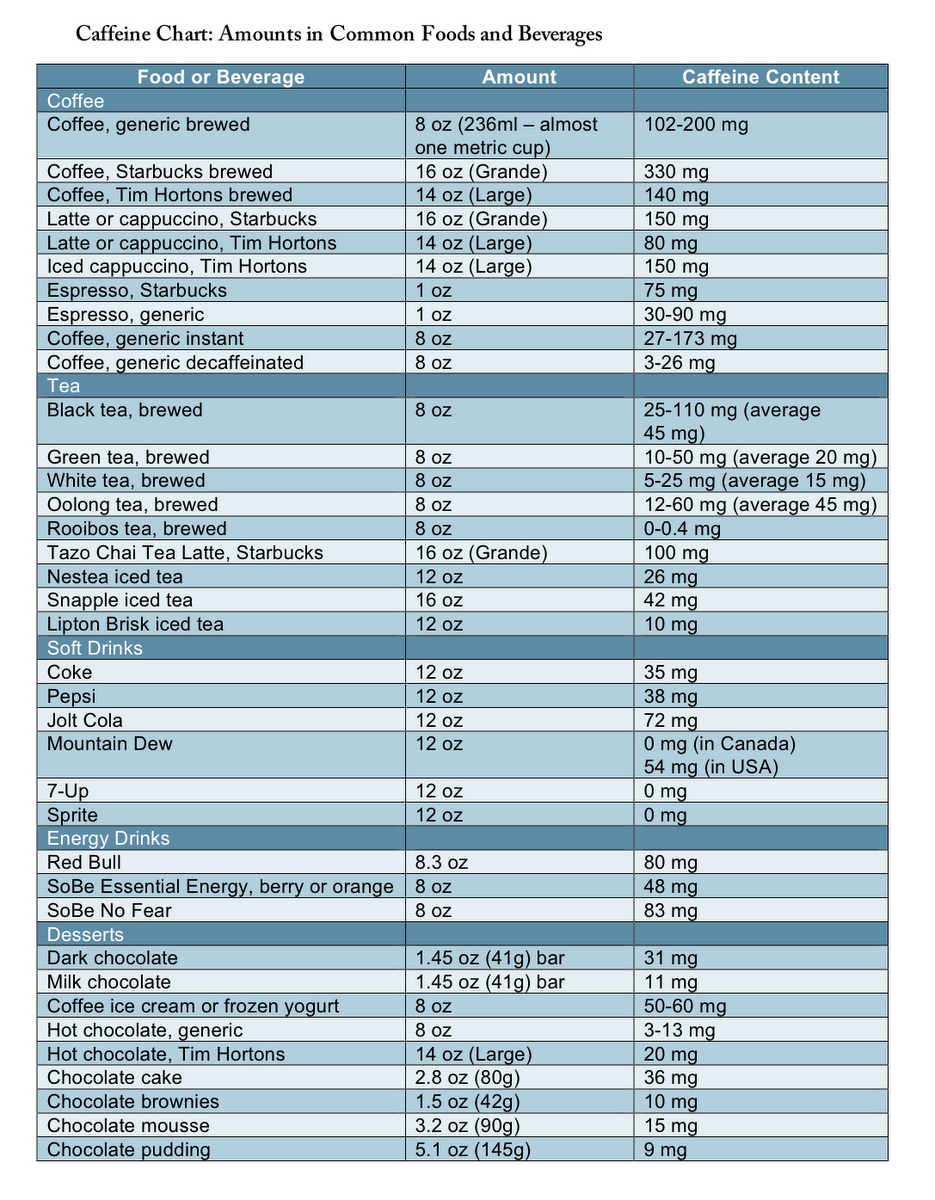
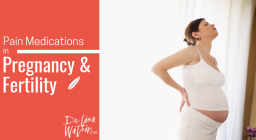

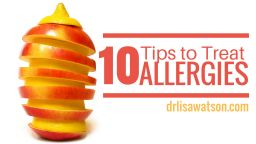



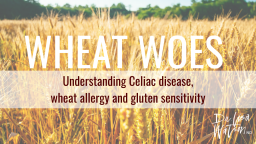



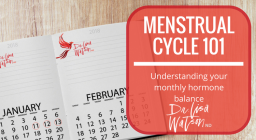

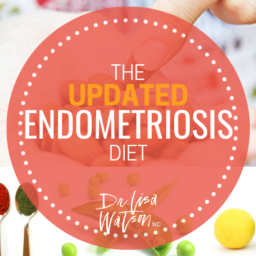

[…] https://www.drlisawatson.com/caffeine-in-pregnancy […]
im confused about this. i feel like it doesnt have enough information on this. im doing a project for school that requires this type of information.(:
Way cool! Some extremely valid points! I appreciate you penning this post
and also the rest of the website is also very good.
[…] Although most studies show that caffeine intake in moderation is OK, there are others that show that caffeine intake may be related to […]
Admiring the hard work you put into your blog and detailed information you present.
It’s great to come across a blog every once in a while that isn’t the same outdated rehashed material.
Excellent read! I’ve saved your site and I’m including your RSS feeds to my Google account.